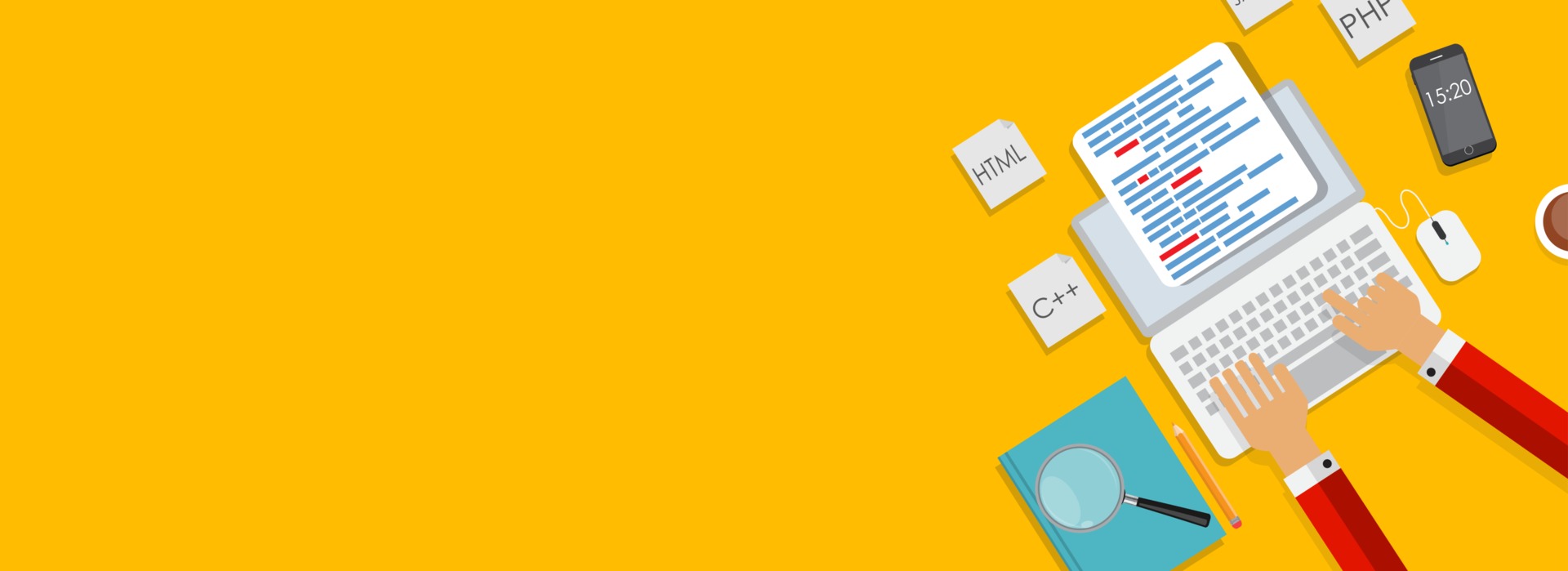If You're Not Learning to Code, You're Falling Behind
Coding has gone from being something seen as nerdy to something that more and more people need to know in order to get by in the 21st century. If you’re not learning to code, then you’re missing out on a skill that could change your life—but more importantly, if you don’t have these skills, you’re falling behind your peers who are honing their abilities at learning this vital and lucrative skill set. This article will help you understand why you should learn to code and where you can get started right away. You’ll be glad you did!
What Is Coding?
Coding is a way of writing and reading instructions for a computer to follow. It’s a powerful skill that allows you to express your ideas with computers by giving them step-by-step directions. The best coders in tech use their coding skills to push innovation forward and create new products for consumers (think: search engines, social media sites like Facebook or Instagram, etc.). But coding is useful for any professional – whether it’s just a tool in your arsenal or a job requirement. So if you want your career to go places, learn how code. If you don’t know where to start, read on!
Why Learn To Code?
The amount of careers that require programming knowledge is constantly growing; being able to code will help you land a job in virtually any industry. It’s also not easy—it requires discipline and hard work just like any other endeavor—but it’s certainly possible. It may seem daunting, but with effort and determination, learning how to code can be one of the most rewarding things you do.
How Does Learning To Code Help Your Career?
A report from Business Insider says that 60% of middle management jobs will be eliminated due to advancements in technology. We are heading into a world where only those who can adapt and learn new skills will succeed. A few years ago you could have gotten away with not knowing how to write code, but not anymore. The days of just getting by on your natural abilities is gone. Now it’s up to you whether or not you want to put in extra effort and learn how programming languages work. To compete in today’s job market, coding is becoming increasingly vital.
Why Coding Might Not Be For Everyone
There are a lot of reasons why people don’t learn how to code. They might not be natural learners. They might think that they’re too old or too young. Maybe they tried and failed. Whatever their reason for holding back, it’s important to address their concerns and allay their fears so that you can get them started on a new path—one that could transform their lives for the better. A great place to start is by explaining why coding isn’t just for coders anymore—and, yes, it is an investment.
How To Start Coding
Consider starting with a language you know. While coding languages are designed to be easily understood, even by people without previous experience in programming, it’s a better idea to start learning with something that’s familiar—whether it’s C# or Javascript. If you want more direction or want to learn how real developers operate in their day-to-day lives, consider looking into code schools like General Assembly or Flatiron School. Either way, make sure you build a routine and stick with it. Breaking your practice sessions up over time won’t do any good; you have to sit down for a block of an hour, or two hours, everyday if you really want to see progress.
My friends think it's too hard. What do I say?
I know it's hard, but like anything else in life, if you want something bad enough you have to be willing to work hard. This is your ticket into a fulfilling career doing something that you love. It's one of those things where time spent now will make all of your future decisions easier and pay off huge down the road. So don't sell yourself short by thinking I'm not smart enough or that stuff is too difficult. You've got what it takes! Besides, just imagine how cool you'll feel when someone asks you what programming language you speak and instead of saying nothing at all, you reply: Ruby on Rails!


